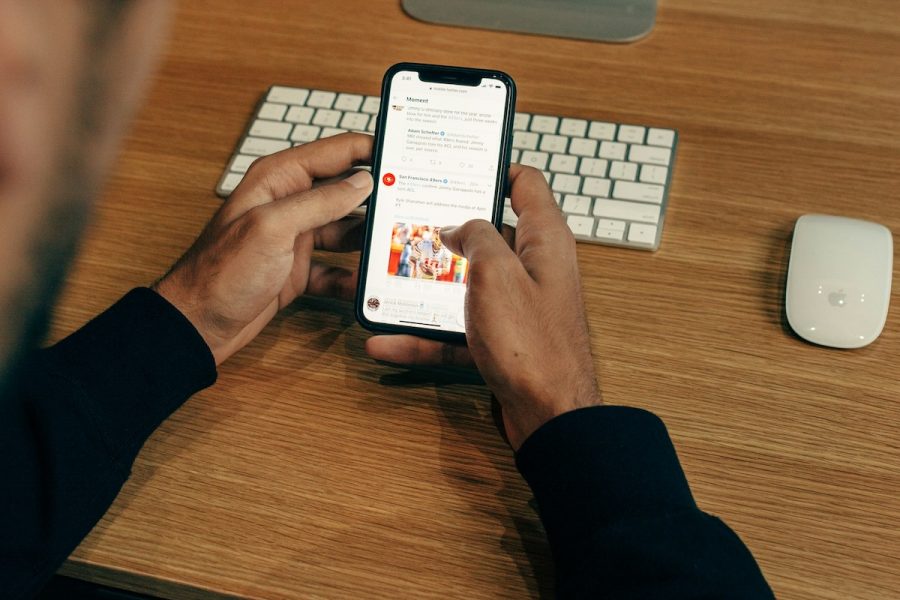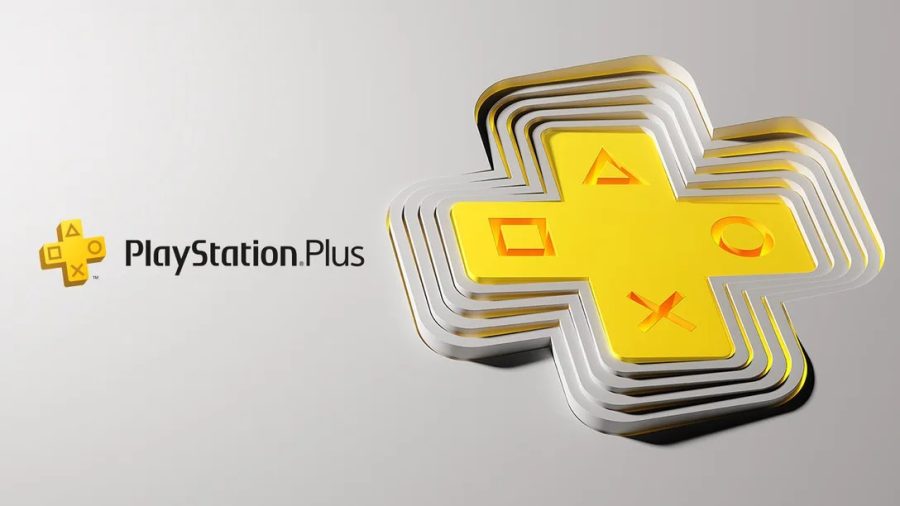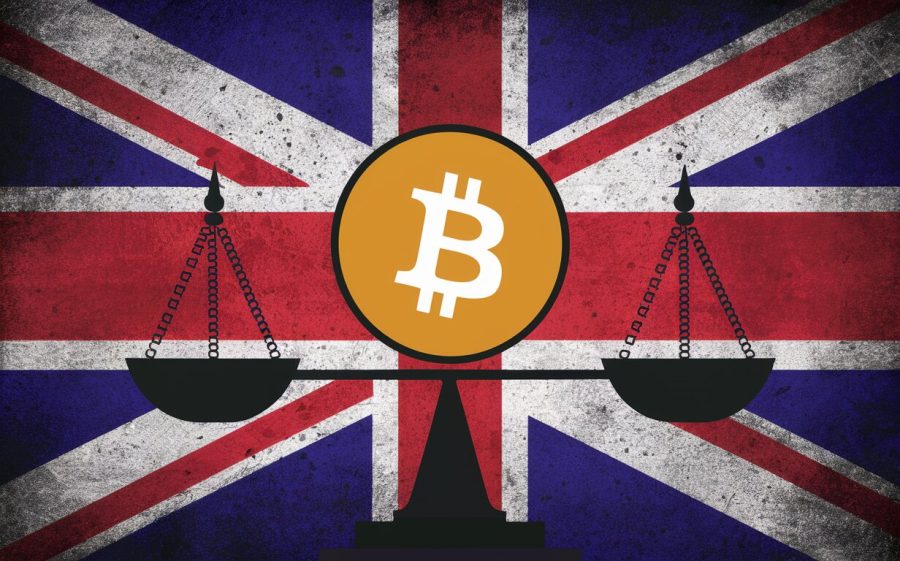
If you like stories about the intersection of technology and language, then be sure to check out our Top 5 TEDxTeen Talks.
Can the difference between “it’s” and “its” actually affect the fortunes of a technology startup? You might be surprised.
If you’re working with a startup, odds are you’re wearing a half-dozen hats and doing too much with too little. Often, this means that founders are writing their own website copy, press releases and blog posts. Too often, that results in grammatical errors that reflect poorly on the startup.
Developers may not care, but other folks do. When you’re composing copy, no matter if it’s for the company website or a tweet, slow down a little bit and take a look to be sure you’re not making any of these dozen deadly errors.
Everyone Makes Mistakes
Two things before we get started. First, this doesn’t apply to non-native English speakers. If English is your second, third or Nth language, it’s understandable that English grammar and spelling might be tricky – partly because the language is a bit of a jumbled mess, and partially because you’d be exposed to a lot of native English speakers getting it wrong. If you’re a non-native English speaker, please don’t worry too much about your English usage.
Secondly, this shouldn’t be taken as a claim that any writing is completely error-free. We all make mistakes, but there’s a difference between the occasional slipup and repeated errors. With input from several tech industry veterans, here is a list of errors seen frequently enough that it seemed worthwhile to point them out.
The Dirty Dozen
1. Its or It’s: Its is possessive, but it’s is a contraction of “it is.”
2. Then or than: Than is used in comparisons; then is often used for time. For some reason, the phrase “more then” keeps cropping up in online communications – and it’s more than a little annoying.
3. Loose or lose: Loose means that something isn’t tight, while lose means that something has been lost. Admittedly, there’s some room for confusion. Lose is a verb, loose is an adjective, but you can let loose of something and wind up losing it.
4. Unique: There’s no problem with using unique on its own. The problem is using modifiers with unique, as in “we have the most unique product in this category” or “this is a really unique website.” Since “unique” means something is singular, it can’t be “most” or “pretty” unique. In fact, you can’t qualify it at all.
5. In my personal opinion: If it’s your opinion, it’s personal. The qualifier “personal” is redundant. This one is so often used, though, that it can be hard to avoid.
6. You’re or your: Another possessive that causes confusion, “your” is possessive while “you’re” is a contraction of “you are.”
7. Literally: Don’t use literally when you really mean figuratively. Literally should be used to mean “in reality,” not as an intensifier.
8. Pique, peek or peak: This one crops up all too often when folks use peek or peak to mean pique. Someone might want a peek at your press release or product, if their interest has been piqued. Choose wisely for peak impact.
9. Flush out an idea: Generally, you want to flesh out an idea, though it might be flushed if it’s particularly bad.
10. Affect or Effect: It’s not entirely surprising that these are mixed up often, given their similar spellings and meanings. Affect is a verb, and effect is a noun. You can affect something, which might have an effect.
11. Compliment and complement: A compliment is praise, while complement means that two (or more) things work well together. When two companies form a partnership, the product offerings may complement each other while the CEOs will probably compliment their partners and themselves on a wise deal.
To further confuse things, because English is a cruel and unforgiving language, there’s complimentary and complementary. Complimentary can mean that something is related to a compliment, or it can mean something given freely – as in “a complimentary” breakfast. Complementary is an adjective which is similar in meaning to complement.
12. Capitol and capital: You can raise capital in the state capital, but you should only use capitol to refer to buildings that house the legislatures.
Finally, a bonus entry for leetspeak or text-speak. If you’re sending a text message to your best friend to say you’re going to be late to the bar, then abbreviating “you” to “U” is perfectly acceptable. (Unless your friend is an English professor, perhaps.) It’s not acceptable in any kind of professional communication if you wish to be taken seriously. No, not even on Twitter.
Ain’t You Going to Mention Ain’t?
Has anyone ever told you that ain’t isn’t a word? Well, they’re wrong.
If you do the research, you’ll find that it’s not only a legitimate word – it has a long history. Ain’t is a contraction of “are not” (don’t ask me how) that dates back to 1778, according to the Oxford English Dictionary. If it pleases you to use ain’t, then the OED is on your side.
This list represents some errors that are common enough to be noteworthy. It avoids stylistic issues like more than versus over that have strong opposition in some style guides with no grammatical basis for the disapproval.
That said, let us know what errors you see most often. And which ones bug you the most.
Image under the CC BY-SA 2.0 license, courtesy of mikeymckay on Flickr.










